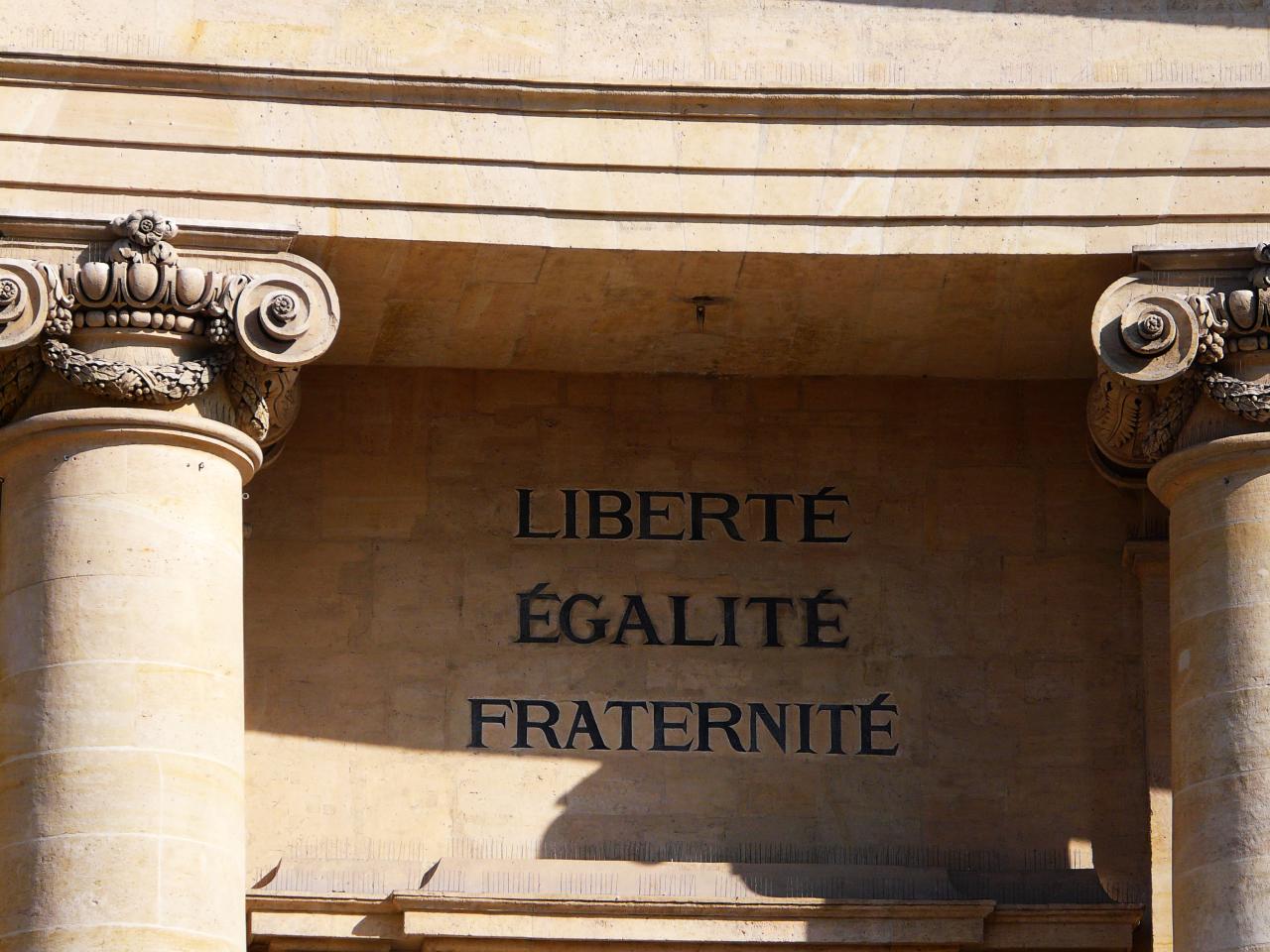I once had a conversation with Fraternity.
I sought him out in order to discover the truth, and he received me warmly. He found in me someone who was confused and increasingly disenchanted.
“Fraternity, what is the truth about you?” I asked.
He looked at me with a smile, and replied “what do you believe it to be?”
I took a moment to collect my thoughts. “I get confused,” I shared. “I see conflict between what I believe you are supposed to be, and what it is you really are.”
He calmly asked me to explain.
To read the rest of this essay, as well as many others, order your copy of Forever Fraternity: Essays to Challenge, Celebrate and Advance the College Fraternity


Harsh words with a message of hope. I really appreciate this post, it's far better written than much of the drivel that does nothing but praise brother/sisterhood for its abstract values. The Greek community has an opportunity at this moment, and at any moment, to take their huge head start (they're already organized, they just need to act) and make leaps and bounds toward a better world. Backsliding into partying and social exclusion and simply paying lip service to service makes one wonder why you'd bother and pay dues in the first place.
ReplyDeleteWell written Brother. I agree completely.
ReplyDeleteI struggle each day with convincing the young men and women I work with to choose the noble path and to make Fraternity the best it can be, and not the mess it has become in the public eye.
So how do we get there? Even the most well intentioned, as I consider myself to be, came to this perspective through the wisdom of age and responsibility, not the impulse of college life.
We KNOW what the problems are and yet few actually DO anything - meaningful and impactful things - to solve them.
Well written ... we are our own worst enemies. We have morphed a great concept and left too much potential untapped. We have created an image too many alumni distance themselves from and students are skeptical of.
ReplyDeleteBut we can change, provided we have leaders willing to make that change. Leaders who see the unrealized potential. Leaders who recognize the external perceptions and the long term impact of their actions. Leaders who are willing to do the right thing rather than the easy thing. Leaders who will hold their peers accountable and are willing to be held accountable themselves. Leaders who are focused, driven and strong.
Change must happen from within. One member, one chapter, one Greek system at a time. It is a process and one that will take time.
But it can not happen in a vacuum. Alumni must be supportive and must get involved. Universities must be willing to support and endorse. Parents must help establish expectations. And most of all, other Greek organizations must get on the same page. If not, we will continue to sink to the lowest denominator.
Agreed.
ReplyDelete